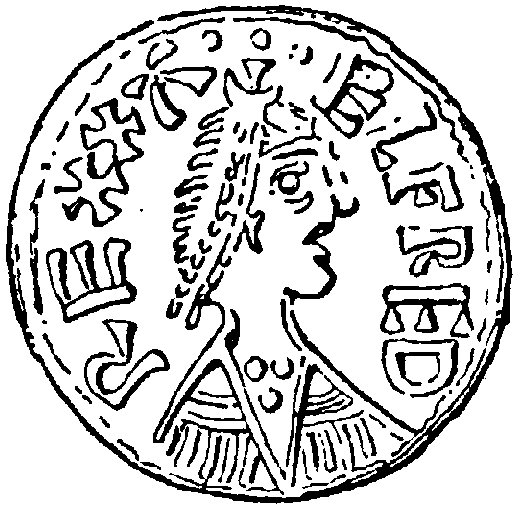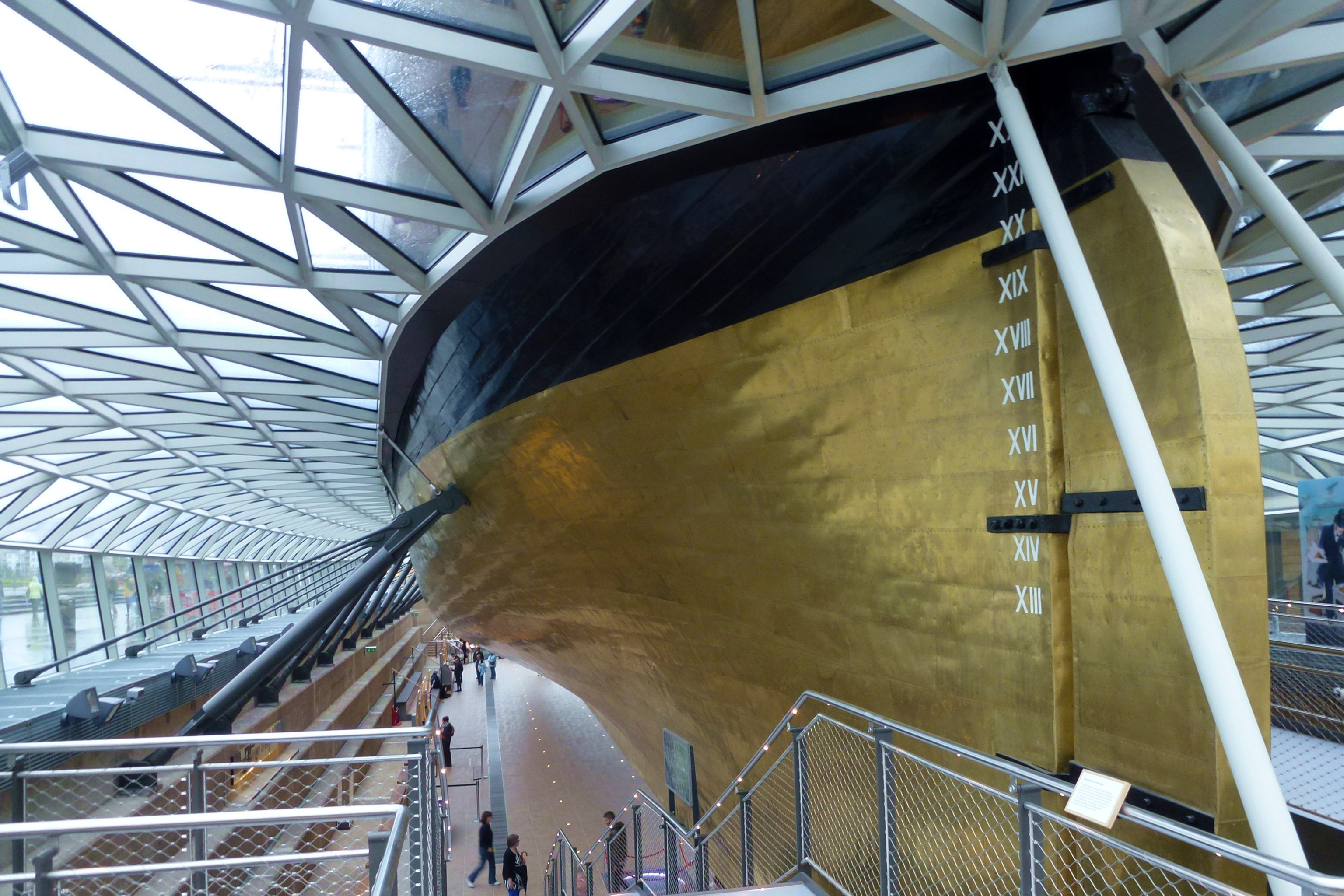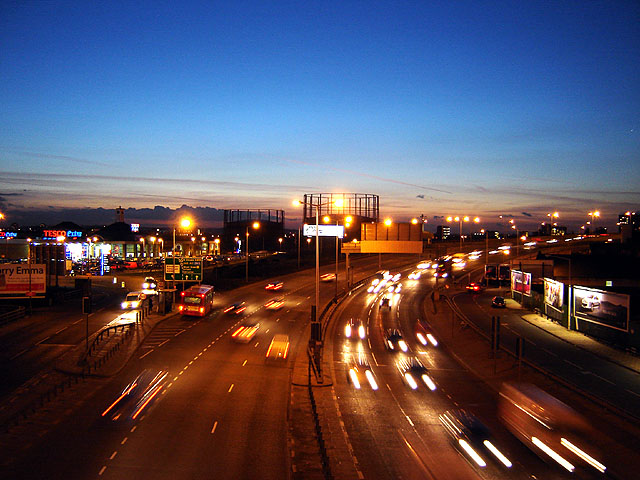|
Robert Mushet
Robert Mushet (1782–1828) was a Scottish official of the Royal Mint, and writer on financial topics. Life The sixth son of William Mushet and Margaret Cochrane his wife, he was born at Dalkeith on 10 November 1782; David Mushet was his brother. He entered the service of the Royal Mint about 1804, and in the ''Royal Kalendar'' for 1808 he appears as third clerk to the master. Subsequently he held the post of first clerk to the master, melter, and refiner. Mushet gave evidence before the House of Lords committee on the resumption of cash payments on 29 March and 7 April 1819, as an expert on the currency question. He was also examined before Robert Peel's committee in the House of Commons on the same subject, on 19 March. He stated that he had constructed tables of the exchanges and prices of gold from 1760 to 1810. He was a founder member of the Political Economy Club. In 1823 Mushet took out a patent (No. 4802) for preparing copper for sheathing ships by alloying it with smal ... [...More Info...] [...Related Items...] OR: [Wikipedia] [Google] [Baidu] |
Royal Mint
The Royal Mint is the United Kingdom's oldest company and the official maker of British coins. Operating under the legal name The Royal Mint Limited, it is a limited company that is wholly owned by His Majesty's Treasury and is under an exclusive contract to supply the nation's coinage. As well as minting circulating coins for the UK and international markets, The Royal Mint is a leading provider of precious metal products. The Royal Mint was historically part of a series of mints that became centralised to produce coins for the Kingdom of England, all of Great Britain, the United Kingdom, and nations across the Commonwealth. The Royal Mint operated within the Tower of London for several hundred years before moving to what is now called Royal Mint Court, where it remained until the 1960s. As Britain followed the rest of the world in decimalising its currency, the Mint moved from London to a new 38-acre (15 ha) plant in Llantrisant, Glamorgan, Wales, where it has remained sin ... [...More Info...] [...Related Items...] OR: [Wikipedia] [Google] [Baidu] |
Dalkeith
Dalkeith ( ; gd, Dail Cheith, IPA: �t̪alˈçe is a town in Midlothian, Scotland, on the River Esk. It was granted a burgh of barony in 1401 and a burgh of regality in 1540. The settlement of Dalkeith grew southwestwards from its 12th-century castle (now Dalkeith Palace). Dalkeith has a population of 12,342 people according to the 2011 census. The town is divided into four distinct areas: Dalkeith proper with its town centre and historic core; Eskbank (considered to be the well-heeled neighbourhood of Dalkeith with many large Victorian and newer houses) to its west; Woodburn (primarily a working class council estate with pockets of new housing developments) to its east; and Newbattle (a semi-rural village with its abbey) to the south. Dalkeith is the main administrative centre for Midlothian. It is twinned with Jarnac, France. In 2004, Midlothian Council re-paved Jarnac Court in honour of Dalkeith and Jarnac's long standing link. On the north-eastern edge of Dalkeith at ... [...More Info...] [...Related Items...] OR: [Wikipedia] [Google] [Baidu] |
David Mushet
David Mushet (2 October 1772 – 7 June 1847) was a Scottish engineer, known for his inventions in the field of metallurgy. Mushet was an early advocate of animal rights. Early life Mushet was born on 2 October 1772 in Dalkeith near Edinburgh, the youngest son of Margaret Cochran and William Mushet. He was educated at Dalkeith Grammar School. When Mushet was a boy, his father (a weaver by trade) established a foundry at Croft Street in Dalkeith. He would sometimes accompany him at the ironworks and it was on these visits that the first seeds of his lifelong obsession with iron-making were sown. Career in Scotland Mushet left school at the age of 19, but did not go to work at his father's foundry. Instead, being good at mathematics, he began work as an accountant at the Clyde Iron Works near Glasgow. Alongside his bookkeeping duties, he read extensively on the subject of iron making and, after a staff reduction was made in 1793, he began a series of experimental researche ... [...More Info...] [...Related Items...] OR: [Wikipedia] [Google] [Baidu] |
House Of Lords
The House of Lords, also known as the House of Peers, is the Bicameralism, upper house of the Parliament of the United Kingdom. Membership is by Life peer, appointment, Hereditary peer, heredity or Lords Spiritual, official function. Like the House of Commons of the United Kingdom, House of Commons, it meets in the Palace of Westminster in London, England. The House of Lords scrutinises Bill (law), bills that have been approved by the House of Commons. It regularly reviews and amends bills from the Commons. While it is unable to prevent bills passing into law, except in certain limited circumstances, it can delay bills and force the Commons to reconsider their decisions. In this capacity, the House of Lords acts as a check on the more powerful House of Commons that is independent of the electoral process. While members of the Lords may also take on roles as government ministers, high-ranking officials such as cabinet ministers are usually drawn from the Commons. The House of Lo ... [...More Info...] [...Related Items...] OR: [Wikipedia] [Google] [Baidu] |
Robert Peel
Sir Robert Peel, 2nd Baronet, (5 February 1788 – 2 July 1850) was a British Conservative statesman who served twice as Prime Minister of the United Kingdom (1834–1835 and 1841–1846) simultaneously serving as Chancellor of the Exchequer (1834–1835) and twice as Home Secretary (1822–1827 and 1828–1830). He is regarded as the father of modern British policing, owing to his founding of the Metropolitan Police Service. Peel was one of the founders of the modern Conservative Party. The son of a wealthy textile manufacturer and politician, Peel was the first prime minister from an industrial business background. He earned a double first in classics and mathematics from Christ Church, Oxford. He entered the House of Commons in 1809, and became a rising star in the Tory Party. Peel entered the Cabinet as Home Secretary (1822–1827), where he reformed and liberalised the criminal law and created the modern police force, leading to a new type of officer known in tribute to ... [...More Info...] [...Related Items...] OR: [Wikipedia] [Google] [Baidu] |
Political Economy Club
The Political Economy Club is the world's oldest economics association founded by James Mill and a circle of friends in 1821 in London, for the purpose of coming to an agreement on the fundamental principles of political economy. David Ricardo, James Mill, Thomas Malthus (the only one holding an academic post at the time), and Robert Torrens were among the original luminaries. In the early 19th century there were no academic societies or professional associations for economists. The Political Economy Club was a way to establish a scientific community, test ideas, and provide peer review for their work. Despite its closed nature (limited to 30 members as proposed by James Mill), the Political Economy Club was a domineering influence in 19th C. economics. But its exclusivity prevented it from becoming a wider association for economists. That role was filled by Section F of the BAAS (founded1832), the Statistical Society of London (f.1834), the Cobden Club (f.1866) and finally ... [...More Info...] [...Related Items...] OR: [Wikipedia] [Google] [Baidu] |
Copper Sheathing
Copper sheathing is the practice of protecting the under-water hull of a ship or boat from the corrosive effects of salt water and biofouling through the use of copper plates affixed to the outside of the hull. It was pioneered and developed by the Royal Navy during the 18th century. In antiquity, ancient Greeks used lead plates to protect the underwater hull. Development Deterioration of the hull of a wooden ship was a significant problem during the Age of Sail. Ships' hulls were under continuous attack by shipworm, barnacles and various marine weeds, all of which had some adverse effect on the ship, be it structurally, in the case of the worm, or affecting speed and handling in the case of the weeds. The most common methods of dealing with these problems were through the use of wood, and sometimes lead, sheathing. Expendable wood sheathing effectively provided a non-structural skin to the hull for the worm to attack, and could be easily replaced in dry dock at regular interva ... [...More Info...] [...Related Items...] OR: [Wikipedia] [Google] [Baidu] |
Edmonton, London
Edmonton is a town in north London, England within the London Borough of Enfield, a local government district of Greater London. The northern part of the town is known as Lower Edmonton or Edmonton Green, and the southern part as Upper Edmonton. Situated north-northeast of Charing Cross, it borders Enfield to the north, Chingford to the east, and Tottenham to the south, with Palmers Green and Winchmore Hill to the west. The population of Edmonton was 82,472 as of 2011. The town forms part of the ceremonial county of Greater London and until 1965 was in the ancient county of Middlesex. Historically a parish in the Edmonton Hundred of Middlesex, Edmonton became an urban district in 1894, and a municipal borough in 1937. Local government took place at the now-demolished Edmonton Town Hall in Fore Street between 1855 and 1965. In 1965, following reform of local government in London, the municipal borough and former parish of Edmonton was abolished, merging with that of Enfiel ... [...More Info...] [...Related Items...] OR: [Wikipedia] [Google] [Baidu] |
Edinburgh Review
The ''Edinburgh Review'' is the title of four distinct intellectual and cultural magazines. The best known, longest-lasting, and most influential of the four was the third, which was published regularly from 1802 to 1929. ''Edinburgh Review'', 1755–56 The first ''Edinburgh Review'' was a short-lived venture initiated in 1755 by the Select Society, a group of Scottish men of letters concerned with the Enlightenment goals of social and intellectual improvement. According to the preface of the inaugural issue, the journal's purpose was to "demonstrate 'the progressive state of learning in this country' and thereby to incite Scots 'to a more eager pursuit of learning, to distinguish themselves, and to do honour to their country.'" As a means to these ends, it would "''give a full account'' of all books published in Scotland within the compass of half a year; and ... take some notice of such books published elsewhere, as are most read in this country, or seem to have any title t ... [...More Info...] [...Related Items...] OR: [Wikipedia] [Google] [Baidu] |
Quarterly Review
The ''Quarterly Review'' was a literary and political periodical founded in March 1809 by London London is the capital and largest city of England and the United Kingdom, with a population of just under 9 million. It stands on the River Thames in south-east England at the head of a estuary down to the North Sea, and has been a majo ... publishing house John Murray (publishing house), John Murray. It ceased publication in 1967. It was referred to as ''The London Quarterly Review'', as reprinted by Leonard Scott, for an American edition. Early years Initially, the ''Quarterly'' was set up primarily to counter the influence on public opinion of the ''Edinburgh Review''. Its first editor, William Gifford, was appointed by George Canning, at the time Foreign Secretary, later Prime Minister. Early contributors included Secretaries of the Admiralty John Wilson Croker and Sir John Barrow, Poet Laureate Robert Southey, poet-novelist Sir Walter Scott, Italian exile Ugo Foscolo ... [...More Info...] [...Related Items...] OR: [Wikipedia] [Google] [Baidu] |
Encyclopædia Britannica
The (Latin for "British Encyclopædia") is a general knowledge English-language encyclopaedia. It is published by Encyclopædia Britannica, Inc.; the company has existed since the 18th century, although it has changed ownership various times through the centuries. The encyclopaedia is maintained by about 100 full-time editors and more than 4,000 contributors. The 2010 version of the 15th edition, which spans 32 volumes and 32,640 pages, was the last printed edition. Since 2016, it has been published exclusively as an online encyclopaedia. Printed for 244 years, the ''Britannica'' was the longest running in-print encyclopaedia in the English language. It was first published between 1768 and 1771 in the Scottish capital of Edinburgh, as three volumes. The encyclopaedia grew in size: the second edition was 10 volumes, and by its fourth edition (1801–1810) it had expanded to 20 volumes. Its rising stature as a scholarly work helped recruit eminent con ... [...More Info...] [...Related Items...] OR: [Wikipedia] [Google] [Baidu] |
John Hunter (classical Scholar)
John Hunter may refer to: Politics *John Hunter (British politician) (1724–1802), British Member of Parliament for Leominster *John Hunter (Canadian politician) (1909–1993), Canadian Liberal MP for Parkdale, 1949–1957 *Sir John Hunter (consul-general) (died 1816), British consul-general in Spain *John Hunter (Northern Ireland politician), Ulster unionist member of the Northern Ireland Forum * John Hunter (Royal Navy officer) (1737–1821), Governor of New South Wales * John Hunter (South Carolina politician) (c. 1750–1802), American politician *John Hunter (Westchester County, New York) (1778–1852), New York politician *John F. Hunter (1896–1957), U.S. Representative from Ohio *John W. Hunter (1807–1900), US Congressman from New York *Jon Blair Hunter (fl. 1990s–2000s), West Virginia politician *John Dunn Hunter (1796–1827), leader of the Fredonian Rebellion *John McEwan Hunter (1863–1940), member of the Queensland Legislative Assembly Sports Soccer *John Hu ... [...More Info...] [...Related Items...] OR: [Wikipedia] [Google] [Baidu] |








